December 20 stands as one of history’s most eventful days, witnessing the rise and fall of empires, groundbreaking discoveries, and moments that shaped our modern world across centuries of human achievement.
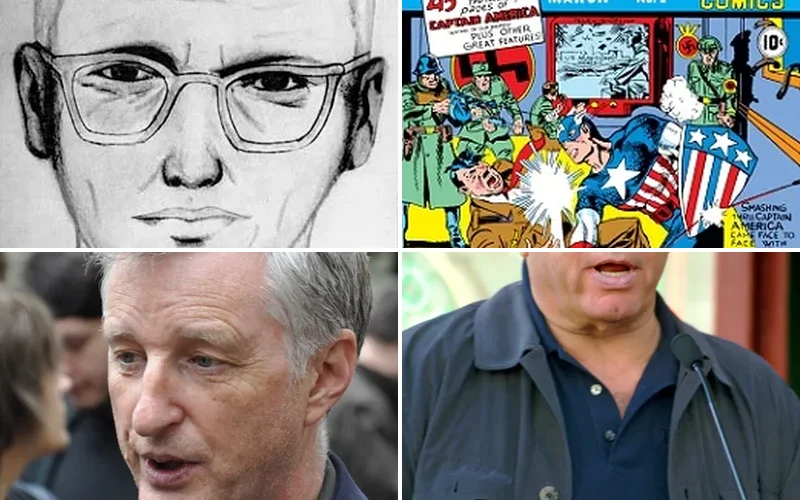
Politics and Government Events on December 20
1917 – Cheka Soviet Secret Police Founded

The Bolshevik government established the Cheka, marking the birth of the Soviet Union’s first secret police force. This organization would become instrumental in consolidating communist power throughout Russia.
The Cheka’s creation signaled the beginning of systematic state surveillance and control. Its formation fundamentally altered the relationship between the Soviet government and its citizens for decades to come.
1924 – Adolf Hitler Released from Landsberg Prison

Adolf Hitler walked free from Landsberg Prison after serving less than one year of his sentence. His imprisonment had followed the failed Beer Hall Putsch in Munich the previous year.
During his incarceration, Hitler had written much of “Mein Kampf,” outlining his radical political ideology. His early release would prove catastrophic for Germany and the world within the following decade.
1955 – Cardiff Proclaimed Capital of Wales
The British government officially designated Cardiff as the capital city of Wales. This formal recognition elevated the city’s status within the United Kingdom’s political structure.
Cardiff’s selection over other Welsh cities reflected its growing economic importance and central location. The declaration strengthened Welsh national identity and administrative coherence within the broader British framework.
1989 – United States Invasion of Panama
American forces launched Operation Just Cause, invading Panama to remove dictator Manuel Noriega from power. The military operation aimed to restore democratic governance and combat drug trafficking.
The invasion successfully toppled Noriega’s regime within weeks. This decisive military action demonstrated American willingness to intervene directly in Latin American affairs during the post-Cold War era.
1999 – Macau Handover to China
Portugal formally transferred sovereignty of Macau to China, ending 442 years of Portuguese colonial rule. The peaceful transition created the Macau Special Administrative Region under Chinese authority.
This historic handover completed the return of European colonial territories to Chinese control. Macau’s unique “One Country, Two Systems” arrangement preserved its distinct legal and economic framework.
2007 – Elizabeth II Becomes Britain’s Oldest Monarch
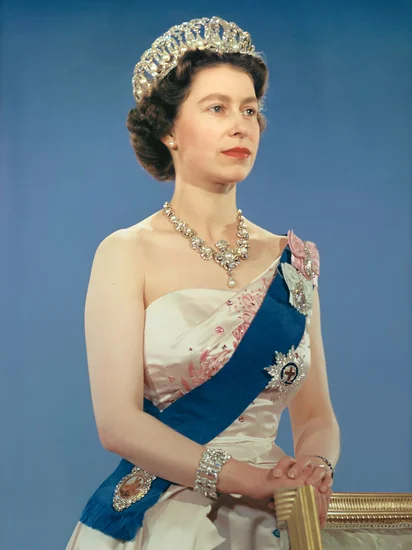
Queen Elizabeth II surpassed Queen Victoria’s longevity record, becoming the oldest monarch in British history. At 81 years and 244 days, she broke a record that had stood for over a century.
Her remarkable longevity reflected both personal resilience and advances in modern healthcare. This milestone underscored the continuity and stability of the British constitutional monarchy.
Military and Naval History on December 20
1915 – Australian Troops Evacuated from Gallipoli
The last Australian forces withdrew from the Gallipoli Peninsula, ending their participation in one of World War I’s most tragic campaigns. The evacuation concluded months of devastating trench warfare against Ottoman forces.
This withdrawal marked the end of Australia’s first major military engagement as a federation. The Gallipoli campaign had forged a distinct Australian national identity through shared sacrifice and courage.
1941 – Flying Tigers First Battle
The American Volunteer Group engaged Japanese aircraft over Kunming, China, in their inaugural combat mission. These volunteer pilots flew under Chinese command while America remained officially neutral.
The Flying Tigers’ shark-painted P-40 fighters became legendary symbols of American support for China. Their early victories boosted Chinese morale and demonstrated effective tactics against Japanese aviation.
1942 – Japanese Bombing of Calcutta
Japanese warplanes conducted devastating air raids on Calcutta, bringing the Pacific War directly to British India. The bombing campaign targeted port facilities and military installations in the strategic Bengali city.
These attacks demonstrated Japan’s extended reach into the Indian Ocean theater. The raids intensified British concerns about defending their most valuable colonial possession from Japanese expansion.
1946 – Nankaidō Earthquake and Tsunami
A massive earthquake struck the Nankaidō region of Japan, triggering a devastating tsunami that killed over 1,000 people. The disaster destroyed 36,000 homes across the affected coastal areas.
This natural catastrophe highlighted Japan’s vulnerability to seismic disasters during the post-war reconstruction period. The tragedy occurred as the nation struggled to rebuild from wartime devastation.
1948 – Dutch Capture of Yogyakarta
Dutch military forces seized Yogyakarta, the temporary capital of the newly proclaimed Republic of Indonesia. This action escalated the Indonesian National Revolution and international diplomatic tensions.
The Dutch occupation of Indonesia’s symbolic capital drew sharp criticism from the United Nations. This military victory proved short-lived as international pressure mounted for Indonesian independence.
Science and Discovery Milestones on December 20
1951 – First Nuclear Electricity Generation

The Experimental Breeder Reactor-1 in Arco, Idaho, became the world’s first nuclear power plant to generate electricity. The historic achievement powered four light bulbs, demonstrating atomic energy’s peaceful potential.
This breakthrough marked the beginning of the nuclear power age. The successful experiment proved that controlled nuclear reactions could produce useful electricity for civilian purposes.
1957 – Boeing 707 Production Model First Flight
The initial production version of the Boeing 707 completed its maiden flight, revolutionizing commercial aviation. This jet airliner would transform global air travel and establish Boeing’s dominance in commercial aircraft manufacturing.
The 707’s success launched the jet age for passenger transportation. Its reliability and efficiency made international air travel accessible to millions of ordinary citizens worldwide.
1967 – Pennsylvania Railroad Speed Record
A Pennsylvania Railroad Budd Metroliner exceeded 155 mph on the New York Division, setting new speed records for American rail transportation. This achievement demonstrated the potential for high-speed rail travel in the United States.
The speed trial occurred on what would become Amtrak’s Northeast Corridor. This technological milestone highlighted America’s capacity for railway innovation during the automobile age.
Cultural and Arts Events on December 20
1940 – Captain America Comics #1 Published

Marvel Comics released Captain America Comics #1, introducing the iconic superhero to American readers. The patriotic character emerged as America debated entry into World War II.
Captain America’s shield-bearing persona embodied American values and determination. The character’s creation reflected growing anti-fascist sentiment in American popular culture before Pearl Harbor.
1946 – “It’s a Wonderful Life” Premieres

Frank Capra’s “It’s a Wonderful Life” premiered at the Globe Theatre in New York to mixed critical reception. The film starring James Stewart would later become a beloved Christmas classic.
Despite initial lukewarm reviews, the movie’s message of hope and community resonated with post-war audiences. Its eventual recognition as a masterpiece demonstrated how artistic appreciation can evolve over time.
2007 – Picasso and Portinari Paintings Stolen

Thieves stole Pablo Picasso’s “Portrait of Suzanne Bloch” and Cândido Portinari’s “O Lavrador de Café” from the São Paulo Museum of Art. The brazen daylight theft shocked the international art world.
Both masterpieces were recovered within weeks through intensive police investigation. This high-profile art theft highlighted the vulnerability of cultural treasures in major museums worldwide.
Religious and Social Events on December 20
1970 – Koza Riot in Okinawa

Approximately 5,000 Okinawans clashed with American law enforcement in protest against U.S. military occupation. The riot erupted after a series of traffic incidents involving American service personnel.
The Koza uprising reflected growing Okinawan resentment toward the prolonged American military presence. These protests accelerated negotiations for Okinawa’s return to Japanese sovereignty.
1985 – Pope John Paul II Announces World Youth Day

Pope John Paul II officially instituted World Youth Day, creating a global Catholic celebration for young people. This initiative aimed to engage youth in religious faith and social action.
The announcement reflected the Pope’s recognition of youth as vital to the Church’s future. World Youth Day would become one of the Catholic Church’s most successful evangelization programs.
1988 – UN Convention Against Illicit Drug Traffic
The United Nations adopted the Convention Against Illicit Traffic in Narcotic Drugs and Psychotropic Substances. This international treaty strengthened global cooperation in combating drug trafficking.
The convention became one of three major international drug control agreements. Its ratification demonstrated growing international consensus on addressing narcotics as a global security threat.
Business and Economic Events on December 20
2004 – Northern Bank Robbery in Belfast
Criminals executed one of Britain’s largest bank robberies, stealing £26.5 million from Northern Bank’s Belfast headquarters. The sophisticated heist shocked the financial community and law enforcement.
The massive theft required extensive planning and insider knowledge. Investigators suspected paramilitary involvement, linking the crime to Northern Ireland’s complex political situation.
1977 – Chinese Character Simplification Published
China’s People’s Daily and Guangming Daily published the Second Chinese Character Simplification Scheme with State Council approval. This language reform aimed to increase literacy rates across the nation.
The character simplification represented efforts to modernize Chinese written communication. These reforms facilitated education and communication in the world’s most populous country.
1991 – Honor Killing Court Sentence

A Missouri court sentenced Palestinian militant Zein Isa and his wife Maria to death for their daughter’s honor killing. The case highlighted cultural conflicts within immigrant communities.
The trial revealed recorded evidence of the premeditated murder. This legal precedent demonstrated American courts’ commitment to protecting individuals from cultural violence.
Transportation and Infrastructure on December 20
1984 – Summit Tunnel Fire

A freight train carrying over one million liters of gasoline derailed in the Summit Tunnel near Todmorden, England, causing one of history’s largest tunnel fires. The blaze created massive logistical and safety challenges.
Emergency responders battled the intense fire for days in the confined tunnel space. The disaster led to improved safety protocols for transporting hazardous materials through tunnels.
1995 – American Airlines Flight 965 Crash

American Airlines Flight 965, a Boeing 757, crashed into a Colombian mountain, killing 159 of 163 people aboard. The tragedy resulted from navigation errors and communication failures.
The crash occurred 50 kilometers north of Cali during the approach phase. This disaster prompted significant improvements in aviation navigation systems and crew training protocols.
2022 – Doña Paz Ferry Disaster
The passenger ferry Doña Paz sank after colliding with oil tanker MT Vector in the Philippines’ Tablas Strait. An estimated 4,000 people perished in the worst peacetime maritime disaster.
The tragedy exposed serious deficiencies in Philippine maritime safety regulation. Overcrowding and inadequate safety equipment contributed to the massive loss of life.
Sports and Recreation on December 20
2004 – Cave Story Video Game Release

The independent video game Cave Story was released to the public, becoming a landmark in indie game development. Created by a single developer, the game demonstrated the potential for small-scale game creation.
Cave Story’s success inspired countless independent developers worldwide. The game’s innovative design and compelling story proved that creativity could triumph over large development budgets.
1973 – ETA Assassination of Luis Carrero Blanco

Basque separatist organization ETA assassinated Spanish Prime Minister Luis Carrero Blanco with a car bomb in Madrid. The attack killed three people and shocked the Franco regime.
Carrero Blanco’s death disrupted Franco’s succession plans and accelerated Spain’s transition to democracy. The assassination demonstrated ETA’s capacity for high-level political violence.
1968 – Zodiac Killer First Confirmed Murders
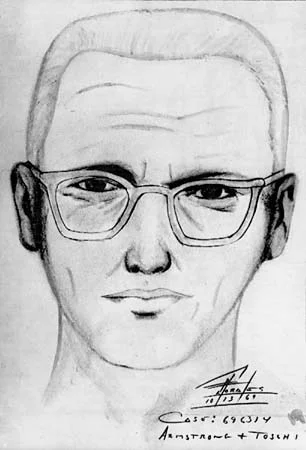
The Zodiac Killer murdered David Arthur Faraday and Betty Lou Jensen on Lake Herman Road in California. These became the first officially confirmed victims of the notorious serial killer.
The double murder launched one of America’s most famous unsolved criminal cases. The Zodiac’s subsequent taunting letters to police created a media sensation that continues today.
Notable Births on December 20
1901 – Robert J. Van de Graaff Born
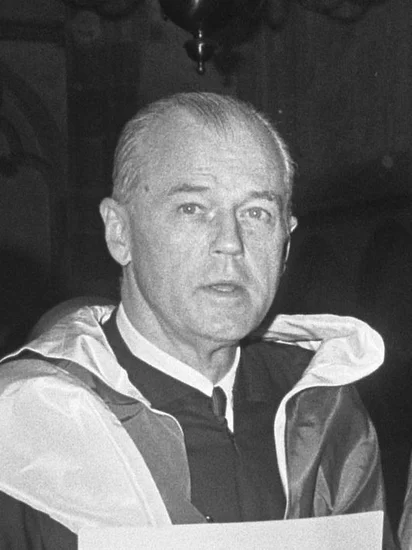
American physicist Robert J. Van de Graaff was born in Tuscaloosa, Alabama. He would revolutionize scientific research by inventing the Van de Graaff generator for producing high-voltage electricity.
His electrostatic generator became essential equipment in nuclear physics laboratories worldwide. Van de Graaff’s invention enabled countless scientific breakthroughs in atomic and particle physics research.
1917 – David Bohm Born
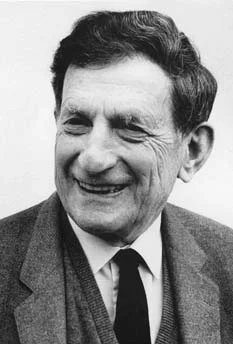
Theoretical physicist David Bohm was born in Wilkes-Barre, Pennsylvania. His groundbreaking work in quantum mechanics and philosophy of science challenged conventional interpretations of reality.
Bohm’s interpretation of quantum mechanics proposed hidden variables underlying apparent randomness. His interdisciplinary approach influenced both physics and consciousness studies for decades.
1927 – Kim Young-sam Born
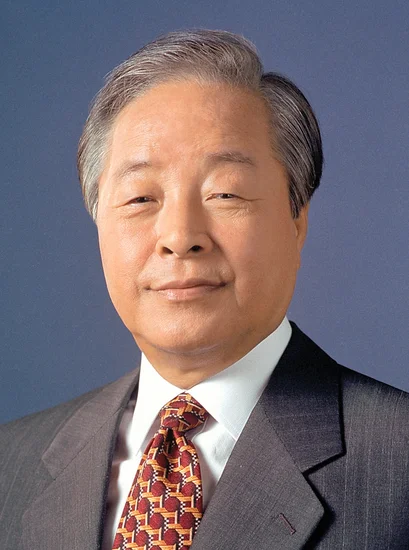
South Korean politician Kim Young-sam was born in Geoje, South Gyeongsang Province. He would become South Korea’s first civilian president in over three decades.
His presidency marked South Korea’s transition from military rule to full democracy. Kim Young-sam’s reforms strengthened democratic institutions and promoted transparency in government.
1946 – Dick Wolf Born
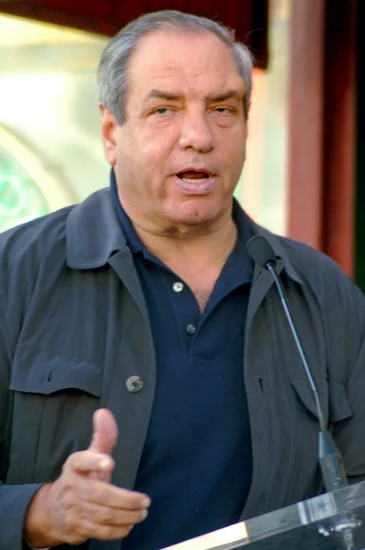
Television producer Dick Wolf was born in New York City. He would create some of television’s most successful and long-running crime drama series.
Wolf’s “Law & Order” franchise revolutionized procedural television programming. His shows have entertained millions while exploring complex legal and social issues.
1957 – Billy Bragg Born

English singer-songwriter Billy Bragg was born in Barking, Essex. His politically charged folk music would influence generations of protest singers and activists.
Bragg’s combination of punk energy and folk traditions created a distinctive musical voice. His songs championed working-class causes and social justice throughout his career.
1998 – Kylian Mbappé Born

French footballer Kylian Mbappé was born in Bondy, Seine-Saint-Denis. He would become one of the world’s most talented and valuable soccer players.
Mbappé’s speed and scoring ability made him a global superstar before age 25. His World Cup performances for France established him among football’s elite players.
Notable Deaths on December 20
1968 – John Steinbeck Dies
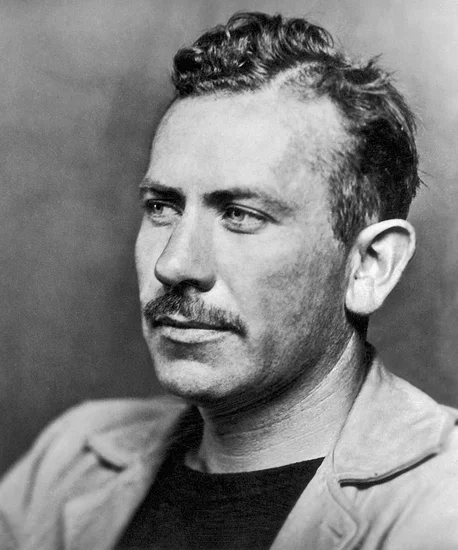
Nobel Prize-winning author John Steinbeck died in New York City at age 66. His novels depicted the struggles of working-class Americans during the Great Depression.
Steinbeck’s “The Grapes of Wrath” became one of America’s most influential social novels. His compassionate portrayal of human dignity amid hardship earned him international acclaim.
1996 – Carl Sagan Dies

Renowned astronomer and cosmologist Carl Sagan died in Seattle at age 62. His scientific work and popular science writing inspired millions to appreciate the cosmos.
Sagan’s television series “Cosmos” brought astronomy to mainstream audiences worldwide. His eloquent communication of scientific wonder made him one of the most influential science educators ever.
2009 – Brittany Murphy Dies

American actress Brittany Murphy died suddenly in Los Angeles at age 32. Her versatile performances in film and television had made her a beloved entertainment figure.
Murphy’s unexpected death shocked fans and the entertainment industry. Her roles in “Clueless” and voice work in “King of the Hill” demonstrated her remarkable range.
1973 – Luis Carrero Blanco Dies
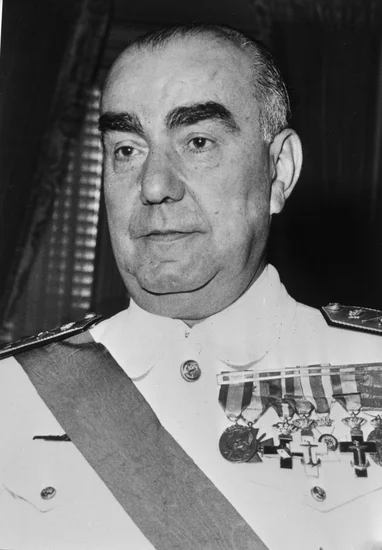
Spanish Admiral Luis Carrero Blanco was assassinated in Madrid by ETA terrorists. As Franco’s designated successor, his death altered Spain’s political trajectory.
Carrero Blanco’s assassination removed Franco’s chosen heir and destabilized the regime’s succession plans. His death inadvertently accelerated Spain’s transition to democracy.
1982 – Arthur Rubinstein Dies
Legendary pianist Arthur Rubinstein died in Geneva at age 95. His interpretations of Chopin and other romantic composers defined classical piano performance for generations.
Rubinstein’s technical mastery and emotional depth made him one of the 20th century’s greatest pianists. His recordings continue to inspire musicians and music lovers worldwide.
2001 – Léopold Sédar Senghor Dies
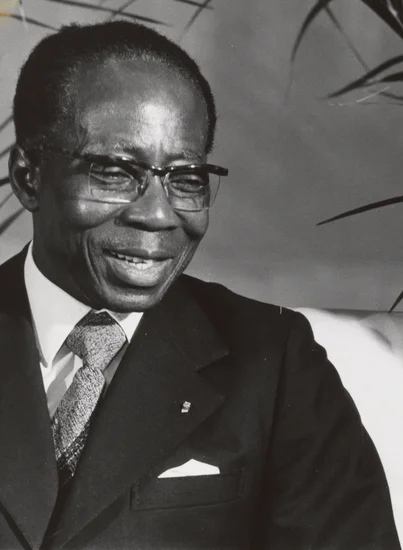
Senegalese poet and politician Léopold Sédar Senghor died in France at age 95. As Senegal’s first president, he guided the nation through its early independence years.
Senghor’s concept of “Négritude” celebrated African cultural identity and influenced the global civil rights movement. His dual achievements in literature and politics made him a towering African intellectual.
Holidays and Observances on December 20
International Human Solidarity Day
The United Nations observes International Human Solidarity Day to promote unity among diverse peoples and nations. This day emphasizes cooperation in addressing global challenges and reducing inequality.
The observance highlights solidarity as a fundamental value for international relations. Communities worldwide organize events promoting understanding and cooperation across cultural boundaries.
Macau Special Administrative Region Establishment Day
Macau celebrates the anniversary of its return to Chinese sovereignty after centuries of Portuguese rule. The holiday commemorates the peaceful transition and Macau’s unique autonomous status.
Citizens participate in ceremonies honoring both Chinese and Portuguese cultural heritage. The celebration reflects Macau’s successful implementation of the “One Country, Two Systems” principle.
Yaldā Night
Iranians celebrate Yaldā, the ancient Persian festival marking the winter solstice’s longest night. Families gather to share food, poetry, and stories while awaiting the sun’s return.
This pre-Islamic tradition has survived for millennia, connecting modern Iranians to their ancient heritage. The celebration emphasizes light’s triumph over darkness and hope’s victory over despair.
